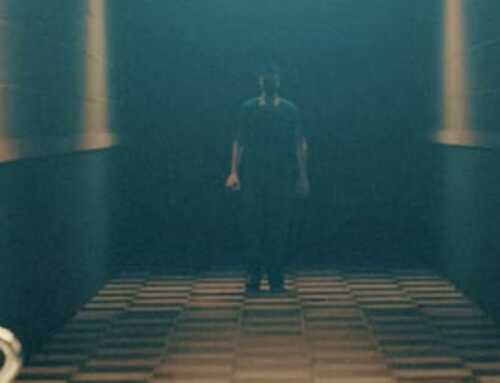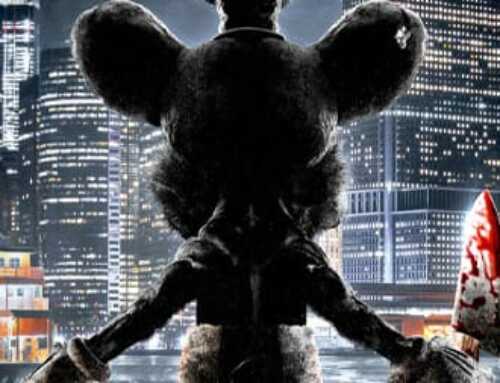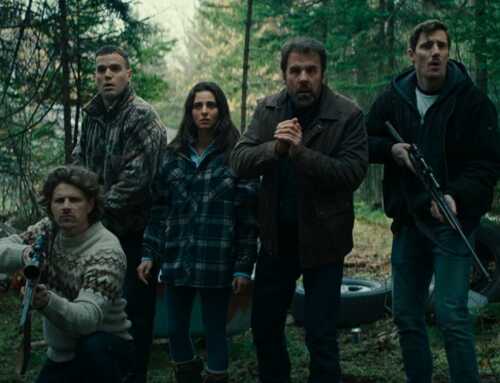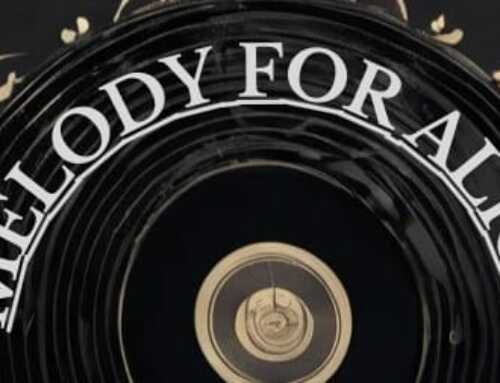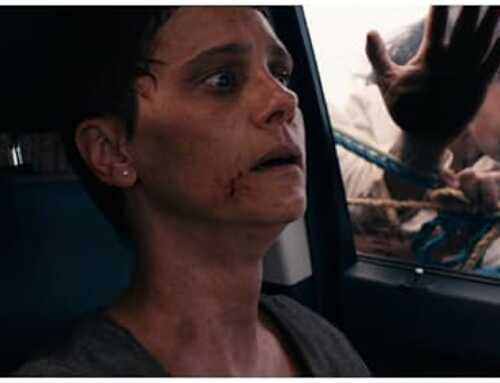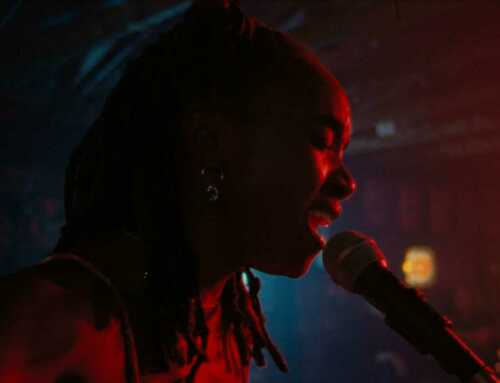Piedra, papel y tijera (Rock, Paper and Scissors) is a slow-burn psychological thriller in the family of Whatever Happened to Baby Jane and Misery, especially inasmuch as the plot concerns an invalid tortured by those charged with taking care of them, and the film becomes a portrait of terrifying madness and the lengths it will go to make the world the way it wants it to be.
Rock, Paper and Scissors opens with two of its three characters on the couch watching a Spanish-language dubbed version of The Wizard of Oz. When the doorbell rings, they play the titular game to see which one must go answer it. At the door is their estranged half-sister, returned from Spain after their father’s funeral to process and divide his estate.
The first five minutes of the film has thus already set up the thematic concerns (game playing in which each one can defeat one of the others and dominance and being the winner are the goals, as well as living in a fantasy land in which one is the innocent victim and others are evil witches), and given all the information the audience needs to interpret this slow descent into madness. The slow descent is solely that of Magdalena (Agustina Cerviño), the returning paternal half-sister, as older sister Maria Jose (Valeria Giorcelli) and brother Jesus (Pablo Sigal) slowly reveal how warped they and the household have become.
After a first strange night back in the house, Magdalena either falls or is pushed down the stairs by one of her siblings. Rock, Paper and Scissors is rather ambiguous about the nature of the fall, although the smile playing about Maria Jose’s lips as her sister goes down the stairs seems to indicate the likelihood that she is the one who pushed her sister. What follows is a series of lies, false promises and gaslighting as Magdalena wakes up back in her father’s bed with a broken leg and broken ribs, unable to take care of herself. Each of the other two siblings take turns tormenting her, alternately promising to get help and then playing with her.
Credit is due to the actors, who can go from innocent, sympathetic individuals to cruel sociopaths with just the move of an eyebrow or the upturn of the corner of a mouth. Credit is also due to the directors and cinematographer, who use low angles, camera movement, and slow, long takes to convey first that all is not well in this home and then to cement the insanity that dominates the family. Alliances are made and broken in seconds, and one of Rock, Paper and Scissors’ great strengths is its depiction of the sibling dynamics, where everything and anything from the past can be weaponized by those who know you best.
If this film feels claustrophobic it is because the entirety is set within a single apartment. If the film feels like a tightly-knit character structure because of its cast of three, it is most likely because it is based on the 2013 stage play Blood of My Blood, and can feel like the writers simply filmed the play rather than taking into account the possibilities that the move between mediums allows. The score can also be a bit intrusive, and the film works best when it is either minimal or not present at all. Overall, Rock, Paper and Scissors may not satisfy all, but the performances make this a worthwhile watch.
7 out of 10
| Piedra, papel y tijera (Rock, Paper and Scissors) | ||
| RATING: | UR |
Piedra, papel y tijera - Trailer oficial (Macarena García Lenzi & Martín Blousson) |
| Runtime: | 1 Hr. 23 Mins. | |
| Directed By: | ||
| Written By: | Macarena García Lenzi, Martín Blousson, Julieta García Lenzi, & Valentín Javier Diment | |


